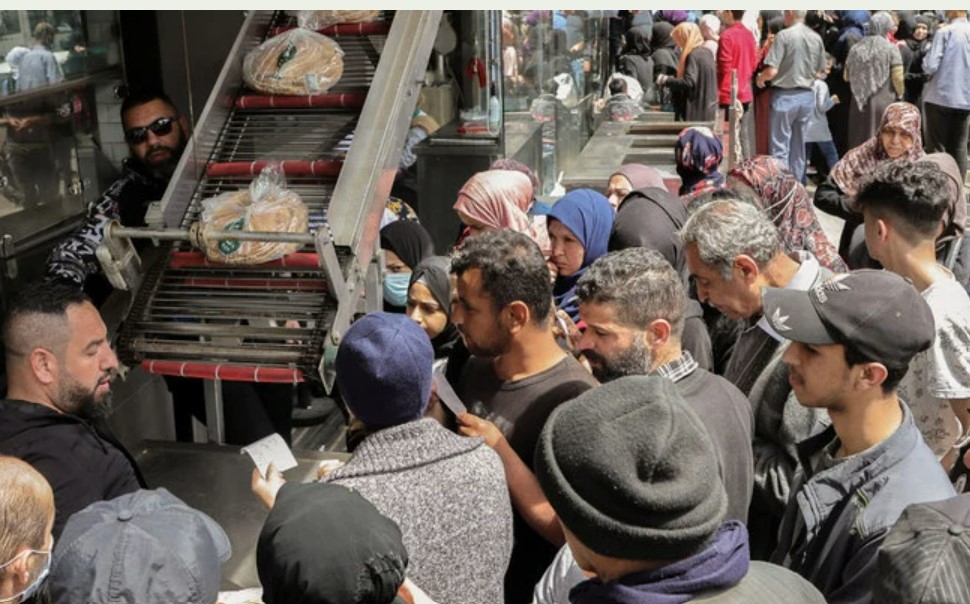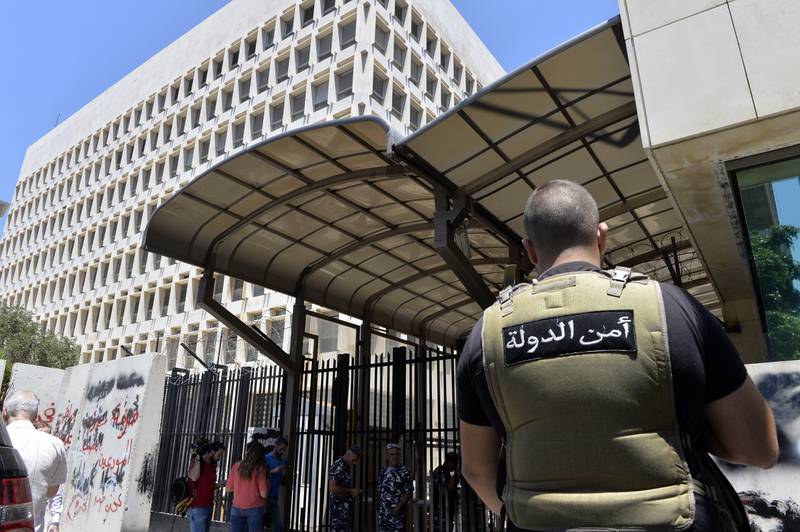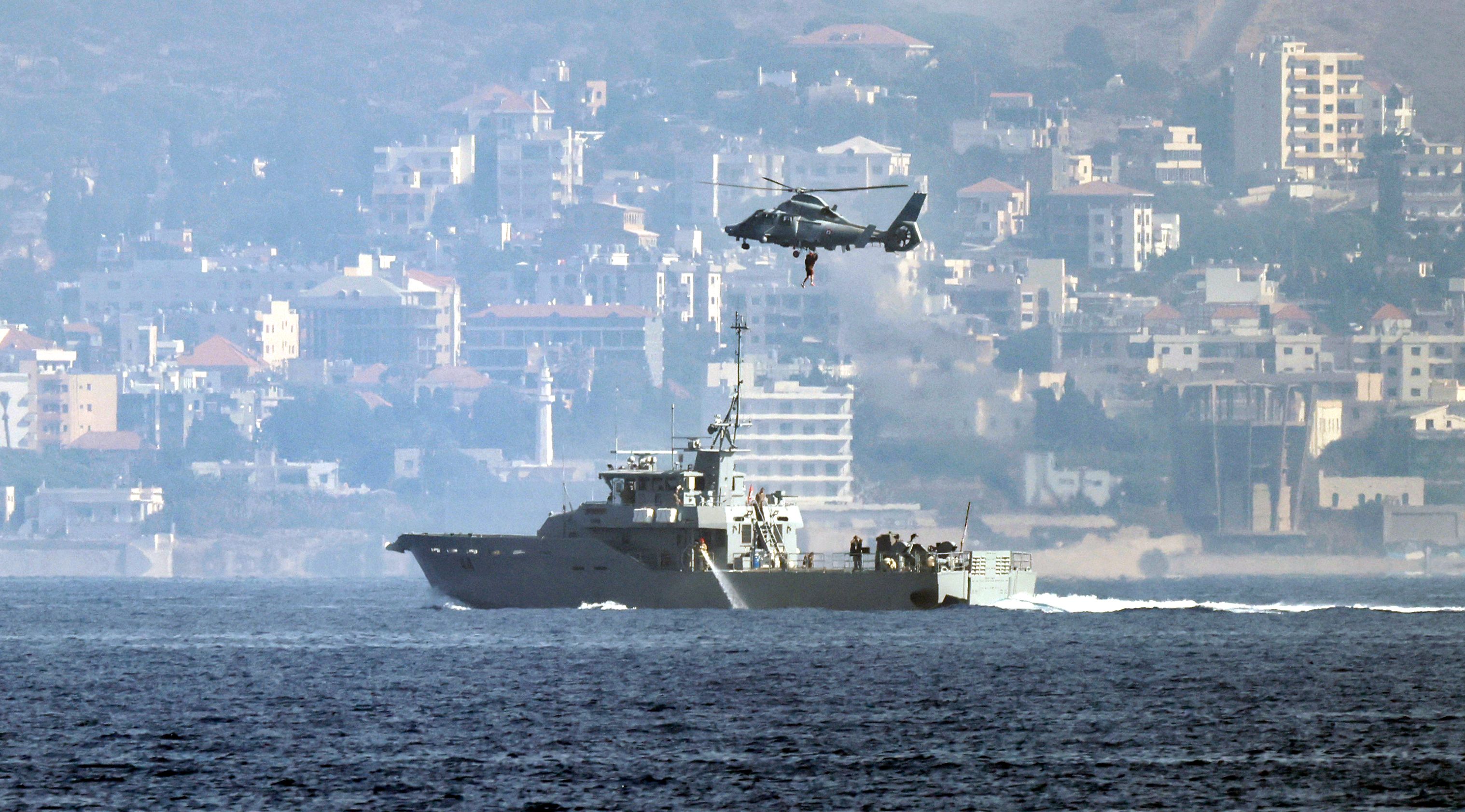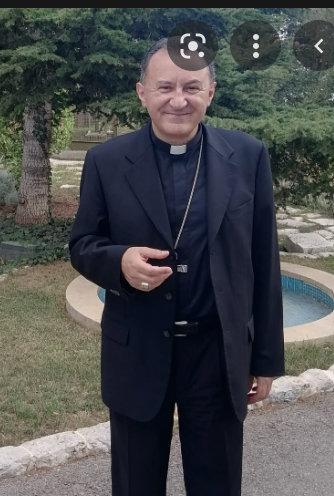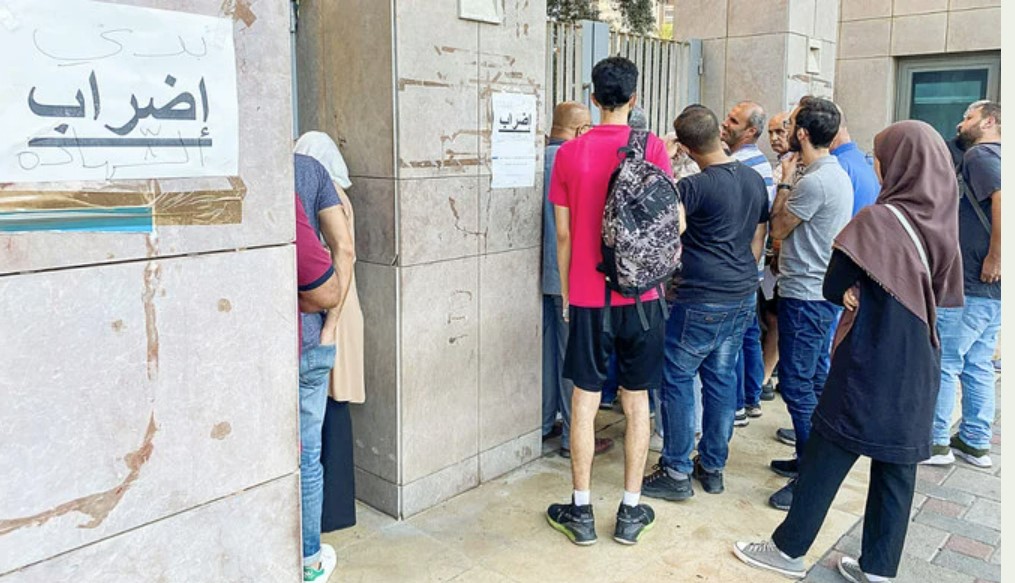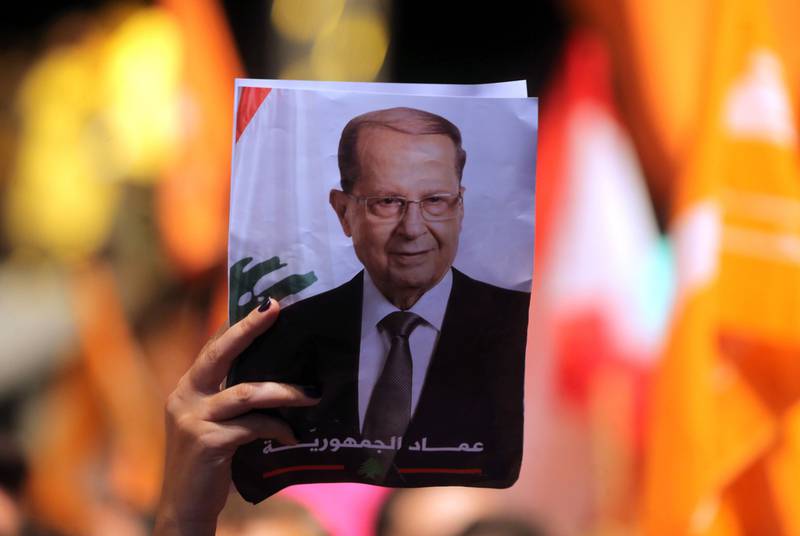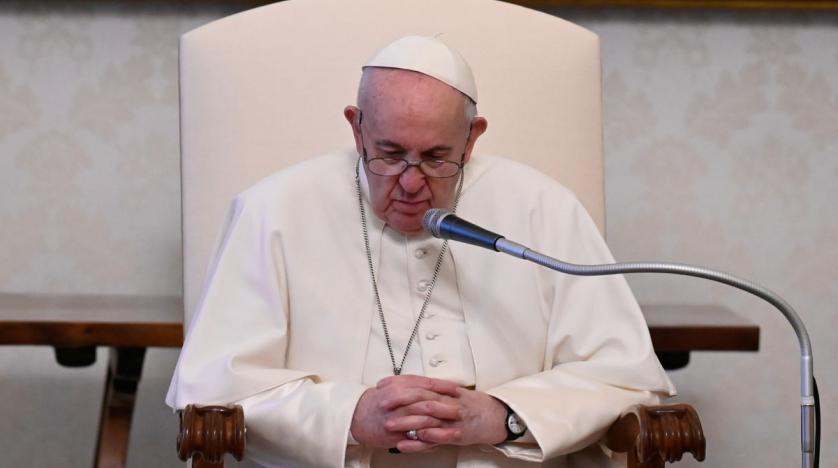
by catholicnewsagency.com — Andrea Gagliarducci – The decision of Pope Francis to approve the new constitution of the Order of Malta, abolish positions, appoint a transitional government, and convene a general chapter to support the reform came quickly, but not suddenly. For some time, it had become evident that the pope wanted to bypass all resistance and carry out the reform of the order outlined by the men he called to that office — and to do so against any contrary opinion. At the same time, Pope Francis’ decree of Sept. 3 cannot be simply described as a “victory” of the religious side over the secular side, the latter chiefly represented by German protagonists. That would be a reductive view of the situation.
The reform of the Sovereign Military Order of Malta is a reform in a more spiritual sense, at least in terms of its intentions. At the same time, the reform had to be careful not to jeopardize the sovereignty of the Order of Malta while recognizing its complex reality and sometimes turbulent history. The Order of Malta’s structure includes priories, sub-priories, and 48 affiliated associations. The organization also employs some 45,000 staff, assisted by almost 100,000 volunteers. The order’s humanitarian projects budget is said to amount to $2.3 billion. At the same time, the Sovereign Military Hospitaller Order of St. John of Jerusalem of Rhodes and of Malta — that is the full official name — has three classes of knights.
